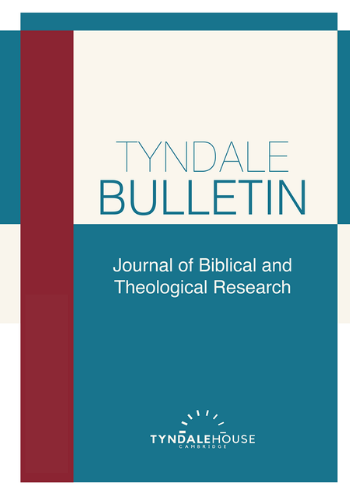바울 서신에서 크리스토스(Χριστός)라는 명칭이 개인 이름이며 메시아적 확신이 결여되어 있다는 신약학자들의 합의에 대한 의문이 점차 커지고 있다. 문헌학적, 전승사적, 주석적, 그리고 상식적 논증을 넘어서 다음과 같은 점을 입증할 수 있다. 우리가 바울을 히브리어 성경을 읽고 연구했으며, 그리스어와 아람어로 복음을 선포했고, 회당에서는 일부 히브리어를 사용했으며, 지역 회중에서 그리스어와 아람어로 가르쳤고, 사역 내내 예루살렘의 아람어권 예수 추종자들과 접촉을 유지했으며, 히브리어, 아람어, 그리고 그리스어로 노래하고 기도했던 실제 인물로 간주할 때, 다음과 같은 가정이 매우 타당해진다. 바울에게 있어 크리스토스(Χριστός) 항상 하나님의 메시아이자 하나님의 백성의 메시아인 **מְשִׁיחָא/הַמָּשִׁיחַ(메시아)**를 의미했다는 가정이다.
The consensus of New Testament scholars that the appellation Χριστός in Paul’s letters is a personal name and devoid of messianic convictions is increasingly questioned. Moving beyond philological, tradition-historical, exegetical, and common-sense arguments, the following can be demonstrated. When we treat Paul as a real person who read and studied the Hebrew Scriptures, who proclaimed the gospel in both Greek and Aramaic, using some Hebrew in the synagogues, who taught in local congregations in both Greek and Aramaic, who maintained contact with the Aramaic-speaking Jesus followers in Jerusalem throughout his ministry, and who sang and prayed in Hebrew, Aramaic, and Greek, the assumption that, חי ַ ִשׁ ָמּ ַה/א ָחי ִשׁ ְמ, the Messiah of God and the Messiah of God’s people, is highly plausible.







